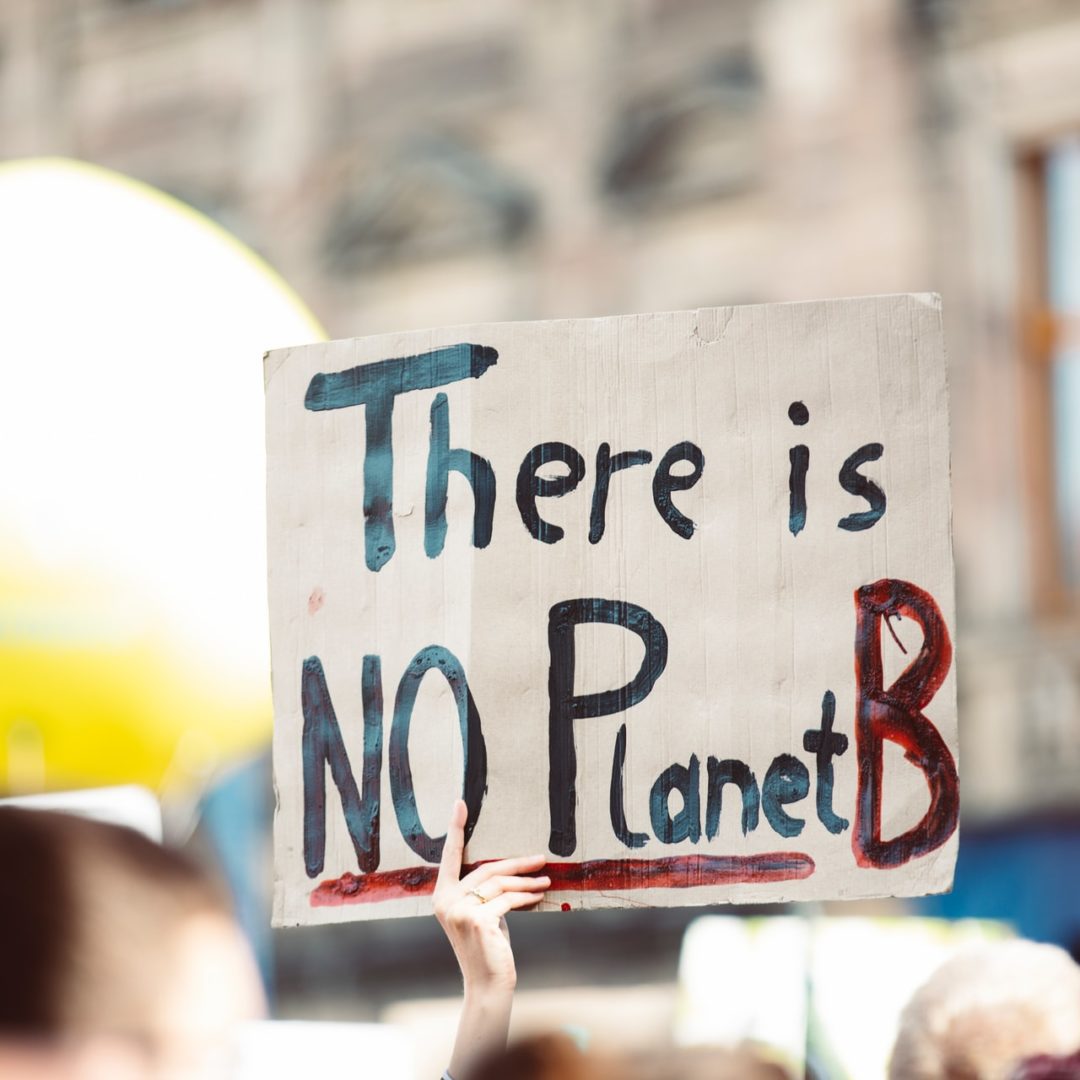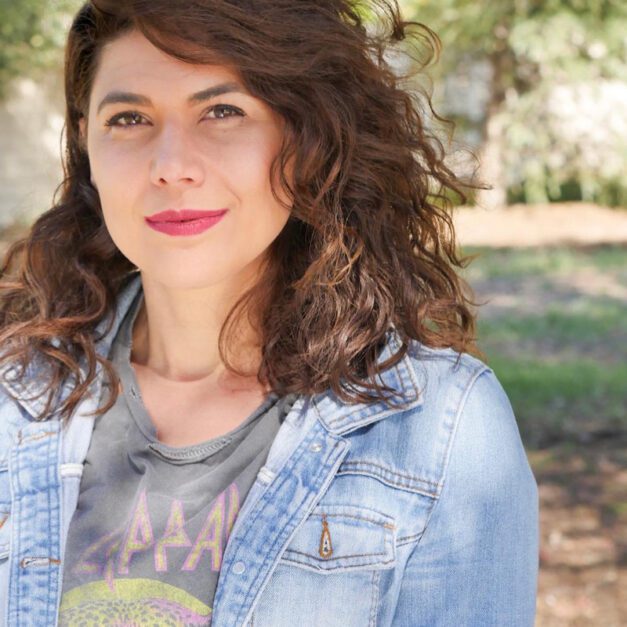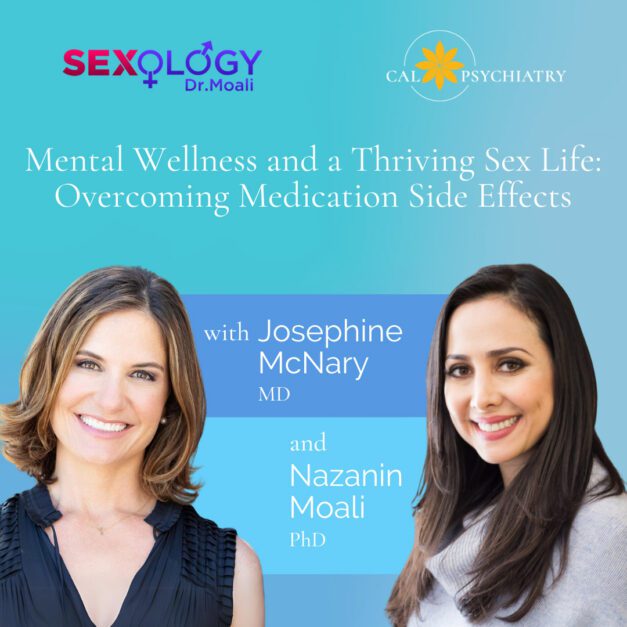The recent California fires and the realities of climate change have many people feeling the angst of a changing landscape. But can there be lasting mental health effects as well?
The world is in a state of flux right now. People are still coping with the effects of the pandemic. An election is coming, and political tensions are high. Add to the mix, the devastation of the recent California wildfires, some of which continue to burn as firefighters struggle with containment. It is a challenging time to be sure, and natural disasters highlight just how important our connection to the earth is as people.
Susan Clayton, Whitmore-Williams Professor of Psychology at The College of Wooster, spoke with “Press Play with Madeline Brand,” a news podcast on NPR in Los Angeles about the concept of ‘solastalgia’ and the effect of natural disasters on our mental health. She talks about how people find “solace” in the earth, and when physical places we love are destroyed, it can certainly have ramifications on our psychological well-being. In particular, she cites “a feeling of loss” that people experience when a physical place they are connected to is damaged. These places can hold a lot of personal meaning for people. A hiking trail can be where someone goes to clear their mind after a long day at work; a beautiful field with wildflowers can be the place where a couple first exchanged “I love you’s.” Personal memories can be intricately woven into many physical spaces, and this can make the physical damage of these spaces even more painful. Clayton goes on to talk about how environmental loss can be even more tricky because we are anticipating further loss with the growing threat of climate change. We are already mourning the loss of some physical spaces, but we also have to reckon with the impermanence of the earth and the threat that there will be “more loss to come.” Rates of anxiety disorders (such as PTSD) can increase after large natural disasters like tsunamis or hurricanes, in which people lose their homes and loved ones. How can we take care of our mental health in the midst of so much loss and change? Clayton suggests “taking the power back” in a situation that feels powerless. Join environmental activist groups, pledge to go meatless once a week, or just find a group of likeminded people to discuss these issues with.
Whatever you choose to do, taking initiative will make you feel less helpless. A little goes a long way when it comes to preserving our earth and a little action can go a long way to preserve your mental connection to the places you love.
If you or someone you know needs a little extra help, reach out to our trained physicians at CalPsychiatry. Our trained physicians will competently and compassionately evaluate you and devise a treatment plan to best serve your needs.





